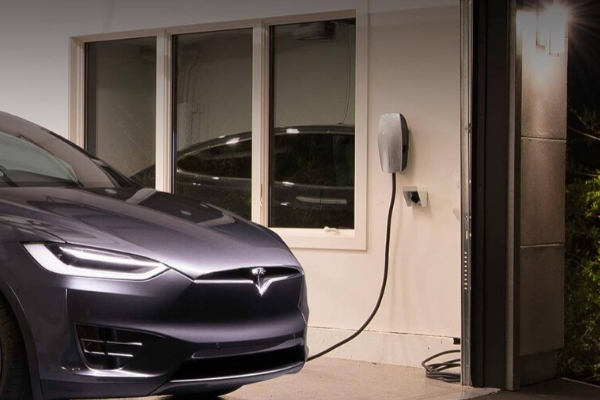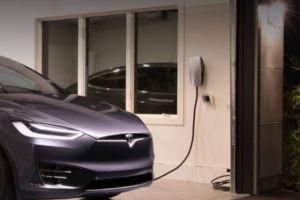Alright, I may not be an expert in the field of tax expenditures, and I might lose at tic-tac-toe and checkers against my 11-year-old daughter, but I still want to share my thoughts on this issue.
I generally support the idea of fewer taxes and less government intervention. However, I don’t oppose the concept of government incentives either. With that said, I’d like to delve into the topic of tax expenditures and explore different perspectives and theories surrounding it.
Energy plays a crucial role in the success of our civilization. Throughout history, we’ve witnessed the significance of energy in various forms, from the Roman’s use of aqueducts for water supply to the development of water mills during the industrial revolution. Each new energy resource discovered has led to advancements and progress, shaping our cities and improving our lives.
When looking at the transformation of cities over time, it’s truly remarkable to see how abundant energy resources have fueled the growth of civilization. However, we must also acknowledge the environmental costs and ethical considerations that arise from our energy consumption.
Now, let’s shift our focus to electric cars and the debate surrounding their taxation. I’ve come across numerous posts and articles discussing proposed taxes on electric vehicles, and it seems that politics often play a significant role in shaping these discussions. This political aspect tends to add drama and draw attention to the issue, but examining the matter objectively is essential.
As an electrician, I have a vested interest in the field of alternative energy, and I certainly don’t oppose electric cars or alternative energy systems. However, we must carefully consider the implications and costs of their widespread adoption.
Throughout history, the adoption of new energy resources and technologies has been driven by practical reasons and economic progress. From horse-drawn carriages to gas-powered vehicles, advancements were made to save human resources and enhance our comfort.
But have we become victims of excessive energy usage? Do we really need to consume energy at such high levels?
Economics is a complex field, and I don’t claim to be an expert. Electric cars represent an efficient and controlled utilization of our energy resources. Regardless of how electrical energy is generated—be it through coal, oil, gas, hydro, or nuclear power—electricity is produced centrally and distributed to consumers via utility lines, thus localizing the fuel sources.
I envision a future where homes become self-sufficient in terms of electricity, utilizing solar panels and storage cells to power lighting and meet other electrical requirements.
It makes sense for future homes to have primary 12-volt DC systems, with 120/240-volt systems serving as secondary power sources. Many systems already operate on 12-volt DC power, requiring voltage transformation from the current 120/240-volt electrical systems. For instance, LED recessed lighting fixtures utilize transformers to step down the voltage for powering the lights.
One of the significant advantages of electric cars is their ability to charge from the electrical grid at any location with an electrical outlet. Imagine a future where gas stations become obsolete, replaced by charging stations at home or conveniently located throughout communities, all supplied by centralized power plants. Such a transition would undoubtedly benefit the environment by eliminating the need for gasoline transportation and distribution.
While there are conspiracy theories surrounding the development of electric cars and their potential threat to established industries like big oil, I’m not entirely convinced of a grand conspiracy.
Competition between industries can drive innovation and progress, and the electric car idea has long existed. It simply took a backseat initially due to the practicality of operating gas-powered engines and the accessibility of fuel sources at the time.
With the rise of the oil industry came wealth and further advancements in product development. However, we must consider the challenges associated with this transition and how it impacts the existing infrastructure.
Interestingly, our primary energy resources today were all discovered in the same century. Hydroelectric power, for example, can be traced back to the 19th century when engineers like James Francis and Lester Allan Pelton invented water turbines that revolutionized electricity generation.
The late 1800s witnessed the development of electrical power distribution systems by pioneers such as Thomas Edison and Nikola Tesla, with Tesla’s alternating current (AC) inventions proving to be groundbreaking due to their ease of transmission over long distances.
While there may be controversy surrounding the rivalry between Edison and Tesla, the truth remains that their contributions paved the way for the modern electrical infrastructure we rely on today.
However, the limitations of direct current (DC) systems in delivering power over long distances prompted the adoption of Tesla’s AC distribution system.
Now, returning to the topic of electric vehicles, it’s crucial to address the concerns surrounding the transition and the impact on existing infrastructure. Rather than succumbing to conspiracy theories, I believe that a healthy competition between industries can drive innovation and bring about positive changes.
The development of electric cars is a logical step towards a more sustainable future. While there may be challenges to overcome, such as charging infrastructure and battery technology, I am optimistic about the potential benefits they can bring.
In conclusion, as we navigate the complexities of alternative energy and the adoption of electric cars, it’s essential to approach the issue with an open mind. We must weigh the economic, environmental, and practical considerations to ensure a smooth transition and a sustainable future.
By embracing innovation and collaborating across industries, we can make significant strides toward a cleaner and more efficient energy landscape while improving the lives of future generations.










